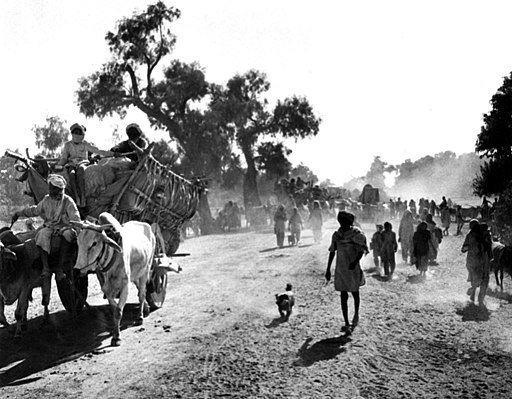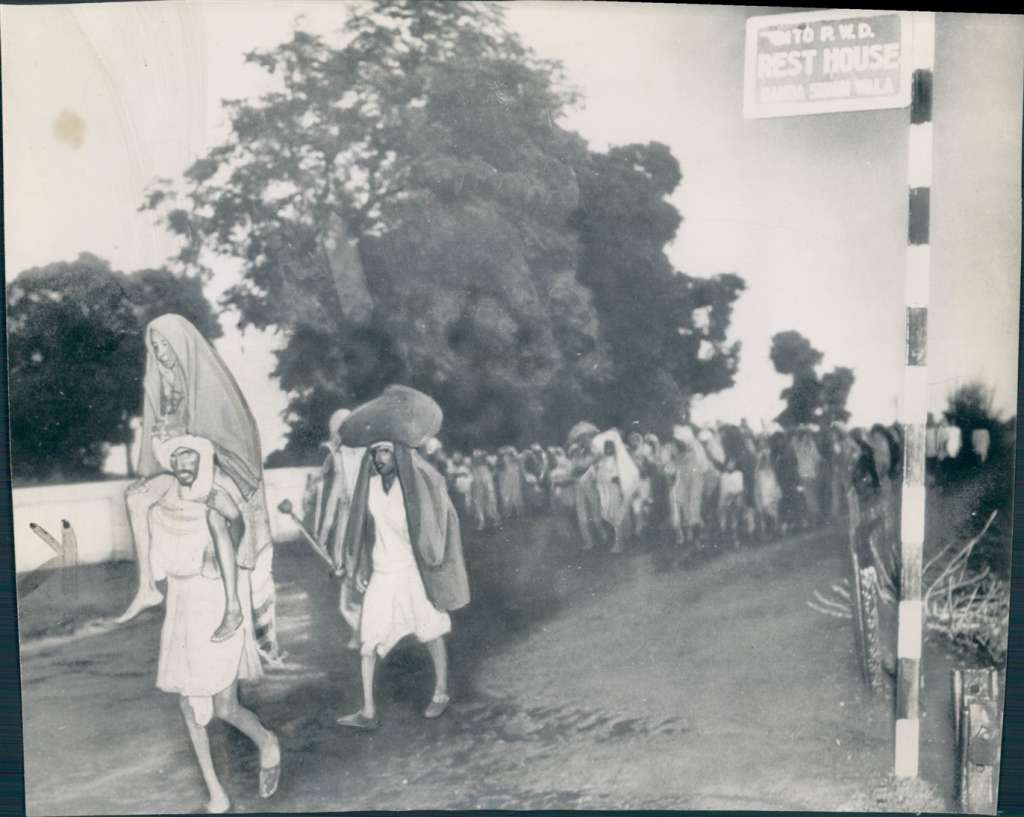Lord Mountbatten (b. 25 June 1900 ─ d. 27 Aug 1979) was born in a royal family called Battenberg rulers from Western Germany. The family existed from 1806-1918 until the end of the German Empire. He was a naval officer, born to Prince Louis of Battenberg as a second child. His friends and family used to called by the nickname “Dickie” and also studied his first 10 years at home only. He worked as midshipman later transferred to battleship HMS Queen Elizabeth during closing the first world war in June 1917, and he was the first governor (viceroy) of Independent India.
The role of Lord Mountbatten was very crucial during complex Indian politics before it's the division into India and Pakistan. Allowing his sharp and intellectual mind and resolved the critical situations of political matters. Every political leader was aware of his artistic mind and his brave heart, and whichever solution comes in his way was quick and almost acceptable. During partition, the advised by Mr Mountbatten's decision was already confirmed and underwent many discussions with the top leaders of India. The book, Freedom at Midnight, talks a lot about undivided India. It is said that during partition there was a quick wrap up the free discussion with all the essential political leaders (Gandhi, Nehru, Sardar Vallabhbhai Patel, and Mr Muhammad Ali Jinnah) with Mr Mountbatten in Simla (Himachal Pradesh, India) and many others.
| Freedom at Midnight Buy on Amazon |
By the time of partition of India into India and Pakistan and the transfer of power, the public of India's sacrifices had gone to the end as if like there was no choice left and surrender to all the political parties hoping and wishing the best future. People blindly accepted the cruel fearful announcement of the partition (many opposed, Muhammad Ali Jinnah served a leader of all the Muslims of India has regretted on demand of Pakistan). Mr Mountbatten and his coordinators who were mutually involved in the partition were not aware of the future effect that they may have to go through the biggest crises of all the time. Indian politics were well known about the fact that it was difficult to deal with the Indian Muslim League.
| Investigating eyes of Mr and Mrs Mountbatten after the riot |
Mr Mountbatten's proposal (partition of India into Hindu and Muslim) seemed wise to many leaders but not Gandhi. This drama took a bit longer to convince the great freedom (Mahatma Gandhi) fighter after a hot debate with Jinnah and Gandhi. Freedom at Midnight (the epic drama of India's struggles for independence) has all the sorrow, pain for freedom of both Hindu and Muslims. The wise 400 millions life had been decided by these four eminent leaders, profit, and loss of common lives. But this book explored it very well, lowering its anchor into deep.







